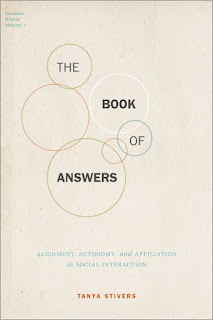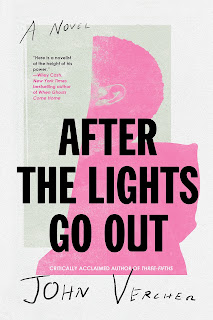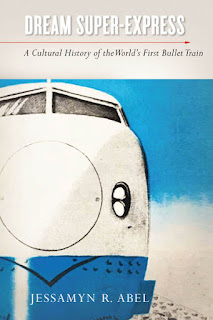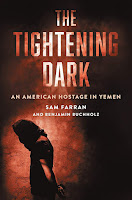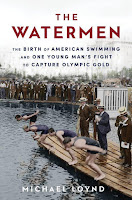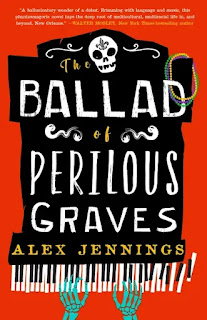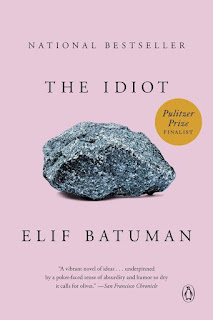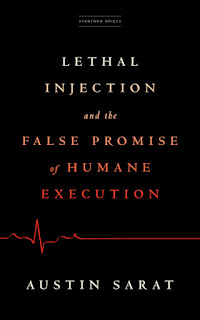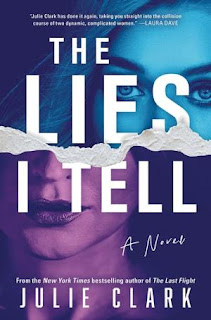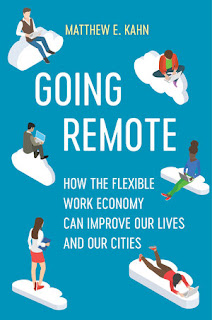 Benjamin Markovits is an author and critic. He teaches creative writing at Royal Holloway, University of London.
Benjamin Markovits is an author and critic. He teaches creative writing at Royal Holloway, University of London.
His new novel is The Sidekick.
At the Guardian Markovits tagged ten "great stories about male friendship, with all its problems and consolations." One title on the list:
Lonesome Dove by Larry McMurtryRead about another entry on the list.
About the last days of the American West. The heroes are two Texas Rangers, Gus McCrae and Woodrow Call, and their friendship is at the heart of the story. What binds them is partlya shared competence, and partly a shared code. Though the two men are very different from each other, they trust and make use of those differences in a way that’s just as intimate as a conversation. When Gus dies, the world for Woodrow becomes a less interesting place to succeed in.
Lonesome Dove may just be The Great Texas Novel. It is among Bud Smith's nine top road trip novels, Louis De Berniéres's six best books, and Ann Brashares' six favorite books.
--Marshal Zeringue
